Guaranteed Delivery
by Mother’s Day
on orders placed through May 2
Guaranteed Delivery by Mother’s Day
on orders placed through May 2
on orders placed through May 2
on orders placed through May 2
SAVE 15% OFF your order
(Use code LOVE)
FREE SHIPPING when you spend $100 (Continental US Only)
FREE 9″ Beech Bowl when you spend $150 (Use code SPRING)
SAVE 15% on all orders (Use code LOVE)
FREE SHIPPING when you spend $100 (Continental US Only)
FREE 9″ Beech Bowl when you spend $150 (Use code SPRING)
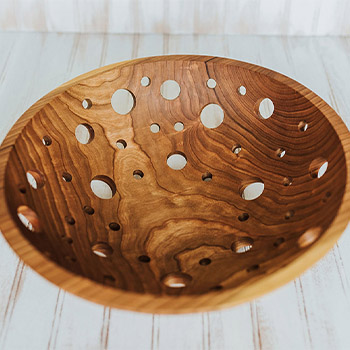
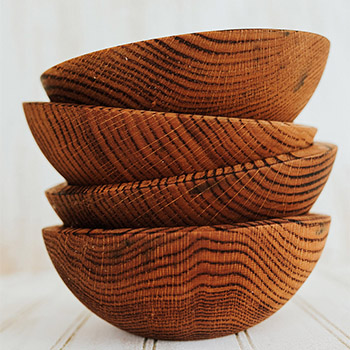
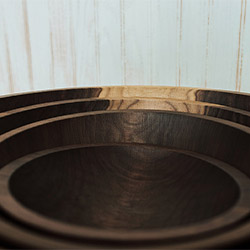
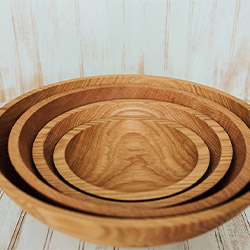
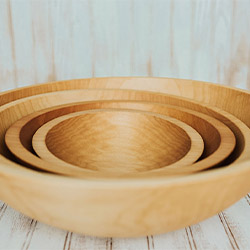
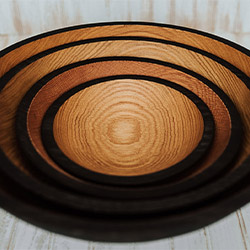
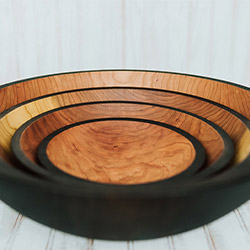
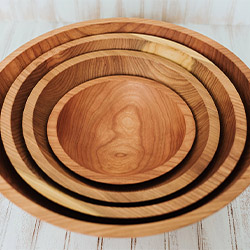
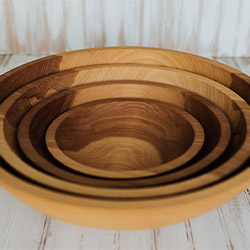
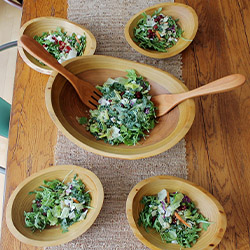
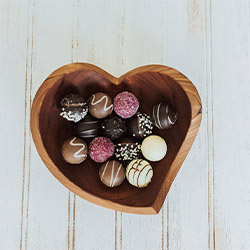
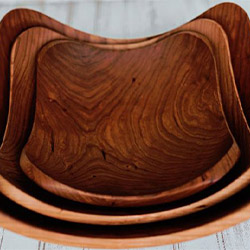
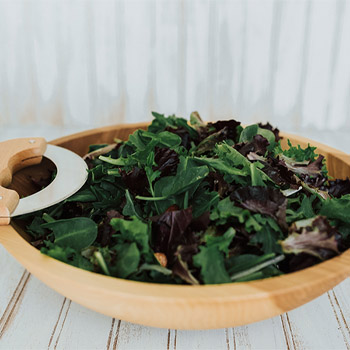
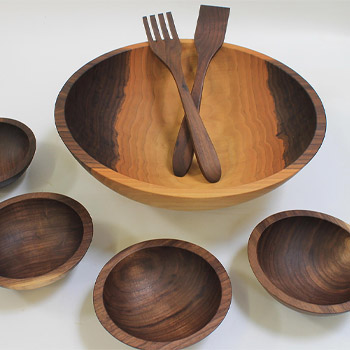
Share
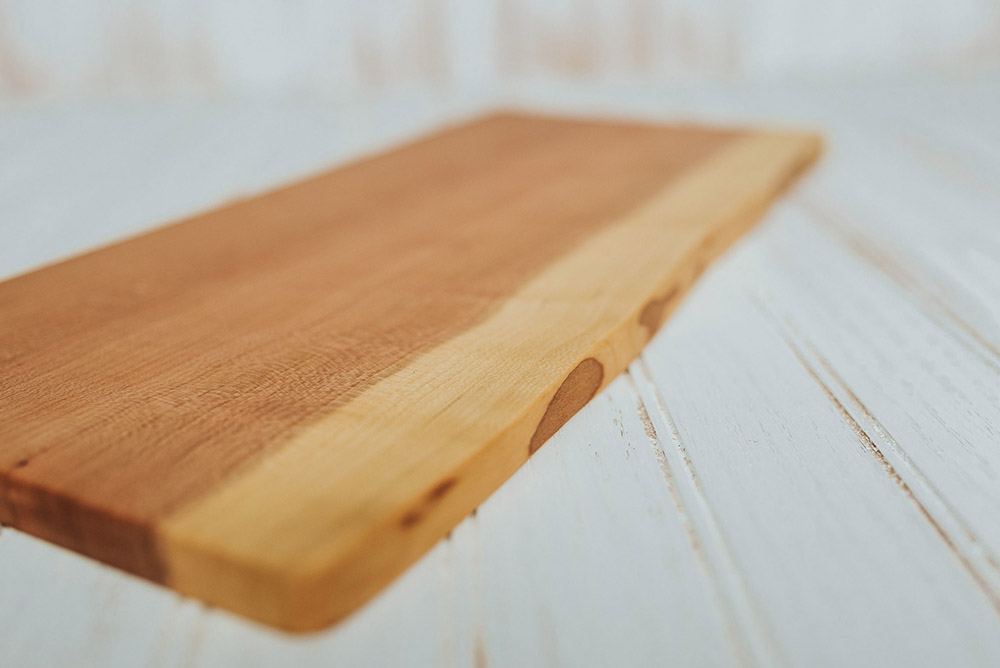
When you are making a meal or a snack in your kitchen, you have so many options on how to prepare the ingredients, how to cook the food, and how to present the dish. Your choices range from the bowl you use for mixing, the utensils required to cook, and the plates and bowls needed to serve the meal.
Depending on what you have available, or even your personal preferences, you might think of the safe and sanitary options. You can find steel and plastic in nearly every kitchen, but don’t discredit wooden cutting boards, utensils or bowls for how they handle bacteria.
In preparing raw meat, you could use a plastic cutting board or a wooden cutting board. Wood was once called unhygienic, but that has been proven false. One study has shown that some wood species show excellent antibacterial characteristics, can efficiently kill bacteria, and have clear hygienic advantages compared to other woods and plastics.
The natural advantage that wood has in being antibacterial can give it the edge over other materials, both in safety and longevity. Plastics and other materials can harbor bacteria, despite the best protective measures. Scratches and dents made in plastic cutting boards create a dangerous environment in harboring germs.
Cooking with wooden utensils share many of the same benefits and adding others. Wooden spoons can be just as safe with bacteria, but it also has advantages for pots and pans, and your hands.
The versatility of the wooden spoon, and its durability, make it worth having at least one in your kitchen. Wooden spoons do not chemically react with acidic foods, will not scratch pots and bowls, and will not melt. Wood also does not conduct heat quickly, so you will not risk burning your hands on wooden utensils.
Keeping your wooden kitchenware in good shape will increase its longevity, not just leaving it in better physical condition, but also ensuring that it remains sanitary. Properly cleaning wooden bowls and wooden utensils requires only soap and water, followed by air drying. Never run your wooden bowls in the dishwasher.
Regardless if you have bowls, plates, utensils, or serving platters, each of Holland Bowl Mill’s products is not only guaranteed to be food safe but also guaranteed to last. Visit our showroom at 120 James Street in Holland to see all of our products, or call us at (616) 396-6513 to place your order. You can also follow us on Facebook and Instagram to see updates on everything else we offer.
All Holland Bowl Mill bowls come with a lifetime guarantee. If your bowl ever cracks or warps from regular use, Holland Bowl Mill will replace it with a new one of similar size and finish. Never let water stand in a wood bowl for a long period of time and never clean wood bowls or any wood product in the dishwasher. Holland Bowl Mill recommends using water and a small amount of mild soap to clean your wood products, then hand dry.
No appointment needed if group is under 10.
For larger groups, call 616-396-6513 to schedule your tour.
© 2023 Holland Bowl Mill